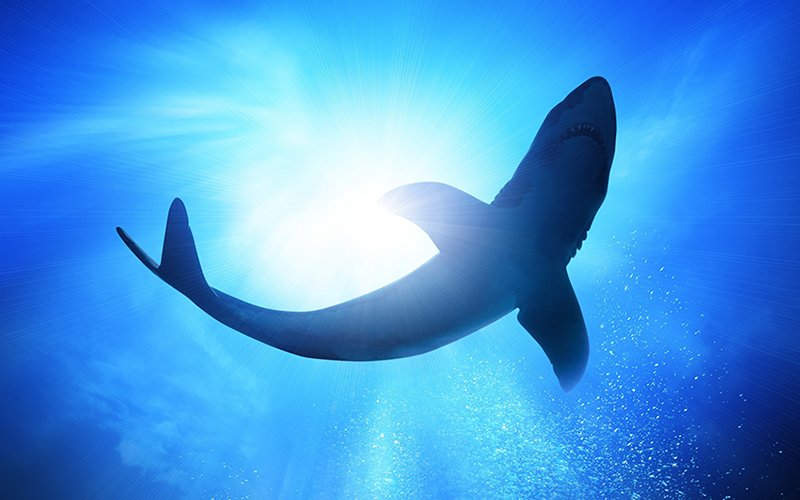Why are sharks important in the ocean?
Human action kills year after year, 100 million sharks.
This is not only turning sharks into one of the most endangered species but is also putting the ecosystems of the oceans at serious risk.
The importance of sharks
Much of the insensitivity that we as human beings, tend to have regarding sharks – these magnificent specimens that have inhabited our planet for 400 million years – is related to the negative and generalized idea we have about them, which is a consequence of productions with massive diffusion such as the film “Jaws,” of the recognized director Spielberg.
Part of the task of denaturalizing the wrong ideas we usually have about sharks aims not only to preserve this species that is now in danger of extinction but also to achieve the fundamental objective of maintaining the health and performance of marine ecosystems, which require sharks to sustain themselves.
The role of sharks in marine ecosystems
For the oceans ecosystem to remain healthy and balanced, it necessarily requires a good population of sharks. These, being great predators, are those who are in charge of regulating the food chain, providing to the ecosystems a necessary balance for their sustenance.
The shark is the specimen in charge of maintaining the oceanic food chain, given that it feeds of the most abundant species, generating a balance between the population levels of the different species that compose the ecosystems. This refers to sharks as the main ones in charge of avoiding “invasions” of species on others, assuring that reefs, for example, maintain their diversity.
Another of the great tasks that sharks accomplish within the oceans’ ecosystems is that they hunt the weakest and sickest ones of different species, causing them to remain with their healthy and active members, therefore collaborating with their development and livelihood.

Protecting the shark is protecting the balance
In recent years, a decline of up to 75% of the population of sharks has been observed, such as the hammerhead shark, fox shark and white shark.
This fall in its population levels has triggered an exponential increase in the population of rays and smaller sharks which, with few natural predators, multiply and require more and more food.
Because these species are usually fed on scallops, statistics have shown the collapse of the centennial industry of scallop harvesting.
However, the fall of one of the most important economic industries is not the only effect that the decline of these sharks populations has brought for human development.
When the stripes and smaller shark species finally finish the scallops, they will begin to feed on other species, damaging both the health of the ecosystem and the economy of particular collecting sectors.
The presence of sharks in their natural proportions is what guarantees the subsistence of both the ecosystem and the regional economy, meaning that a decline in the populations of these species constitutes a double risk.